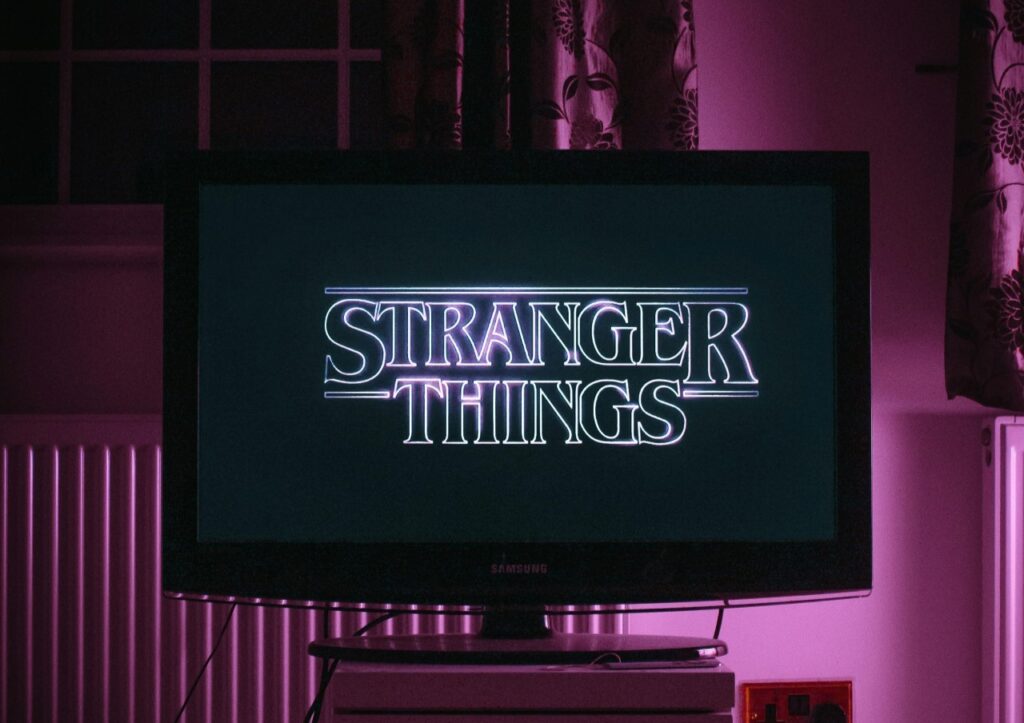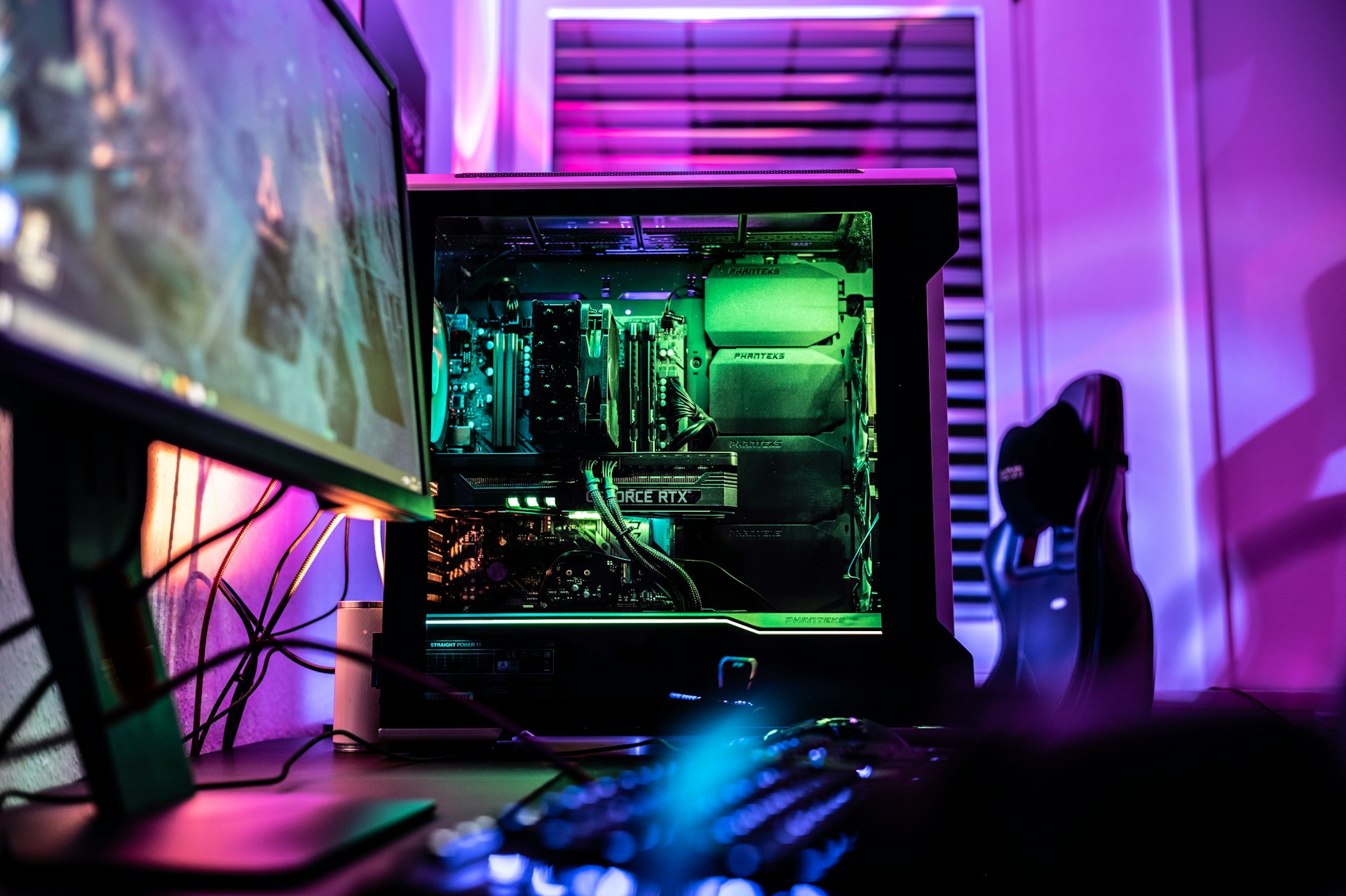When shopping for a new computer, your operating system (OS) is one of the most fundamental decisions. In many people’s minds, this choice boils down to Windows vs. Mac, but there’s a third option to choose from, too. You could also go with a Linux operating system.
Linux may not have the name recognition of the other two OS giants, but it’s more common than you may realize. It’s what Android, the world’s most popular mobile OS, runs on, as well as many smart gadgets. Here’s what you need to know about it if you’re considering running it on your computer.
What Is Linux?
The biggest thing that sets Linux apart from Windows and Mac is that it’s open-source. That means its source code is available to anyone, letting experts from across the globe contribute to it and opening the door to considerable customization.
Because of that openness, there’s no one Linux operating system. Instead, there are thousands of distributions, often called “distros,” which offer different versions of the OS with varying functionality and features. If you have the right coding skills, you can customize and create your
own distros, too.
The one part of the OS that’s the same for every distro is the Linux kernel. The kernel is a piece of software that manages communication between your hardware and any user processes. You can change virtually every other layer of the system, which is why you see Linux running everything from supercomputers to thermostats.
Benefits of Using a Linux Operating System
So, why use a Linux operating system? One of the best reasons is that most Linux distros are free, whereas you have to pay for a Windows or Mac license. You can get paid distros, too, but with so many highly functional free versions available, you likely won’t have to pay anything to get what you want.
Being open-source provides another advantage. You can choose from thousands of distros to find an OS that works for your specific needs or customize the source code to create your own distro. This flexibility makes Linux a favorite of developers, so it’s a good choice if you’re interested in building software or programming gadgets.
Another benefit is that experts agree that Linux is the most secure OS available. Part of that comes from its code transparency, which makes it easy to spot and patch vulnerabilities. The Linux kernel also has much stricter user permissions than other operating systems and has a safer process for installing software.
Drawbacks of a Linux Operating System
While there are many benefits to using a Linux operating system, there are some downsides, too. Most notably, it’s not as user-friendly as Mac or Windows systems. Its flexibility comes at the cost of requiring more user input to run things the way you want.
There are also very few computers available with Linux built-in. You’ll have to either install it on a computer you already own or buy a new PC to run it on, counteracting its affordability. However, Linux distros are typically fairly easy to install, so that may not be a big obstacle for some users.
Third-party app support for Linux is also limited. In most cases, you’ll have to install a compatibility layer that lets you run the programs you’re familiar with, as many don’t offer native Linux compatibility. That comes with a bit of a learning curve and can slow you down.
Is Linux Right for You?
If you consider yourself a tech-savvy user and prize flexibility or security, a Linux operating system may be the best choice for you. However, if you want familiarity and ease of use, you’re better off with either Windows or Mac.
Learning about these operating systems is the first step in making the right decision. Now that you know what Linux is and how you can benefit from it, you can find the best OS for your specific needs.
Recent Stories
Follow Us On
Get the latest tech stories and news in seconds!
Sign up for our newsletter below to receive updates about technology trends














